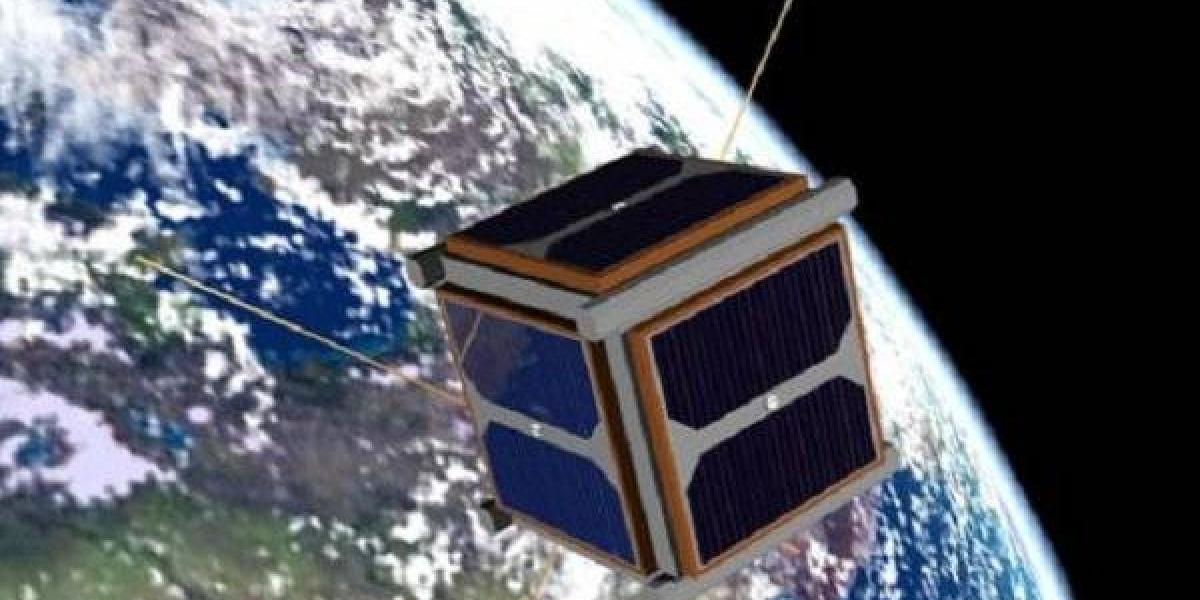RIO DE JANEIRO, BRAZIL – SUCHAI 2, SUCHAI 3, and Plantsat: these are the names of the three satellites that, together with two smaller units called femtosatellites – to be deployed from SUCHAI 3 – make up the constellation, or swarm, developed by a multidisciplinary team of scientists from several national research institutions, led by scientists from the Faculty of Physical and Mathematical Sciences (FCFM) of the University of Chile.
This network of nanosatellites will be launched into space in April to conduct biological, information and communications, and space physics experiments. After a few months in orbit, they will become five measurement points.
Read also: Check out our coverage on Chile
It is the first experience developed by a group of civilians in the country. It continues the work begun with the SUCHAI 1 nanosatellite launched in 2017 and allows the University of Chile’s space program to jump to more sophisticated technologies and measurements of the space environment.

The three main satellites – which still fall into the nanosatellite category – are 10x10x30 cm and weigh about 3 kg, three times as much as SUCHAI 1. Their larger volume offers advantages for developing and transporting more sophisticated experiments and instruments and larger batteries and solar cells, which translates into more energy for the life and use of these systems.
In technology development, the satellites will test advanced communications models, flight software, prediction and optimization of battery consumption in space, more sophisticated camera systems, and the use of a model for the Internet of Things in space, among other things.

